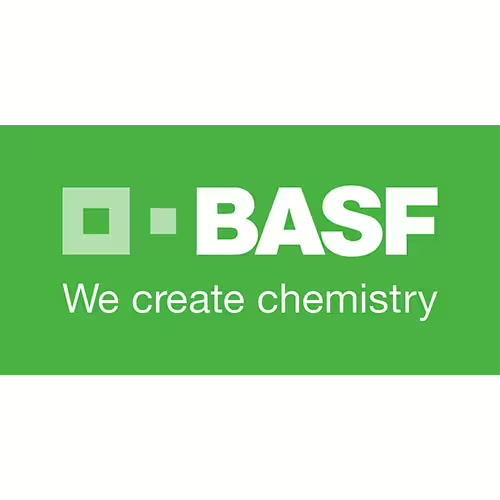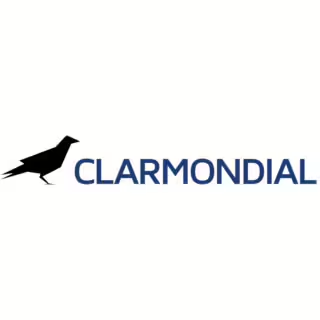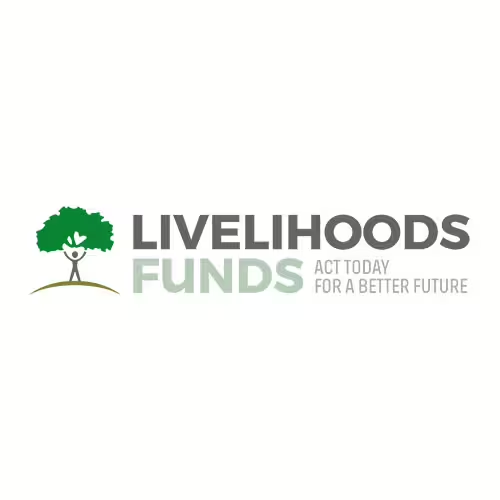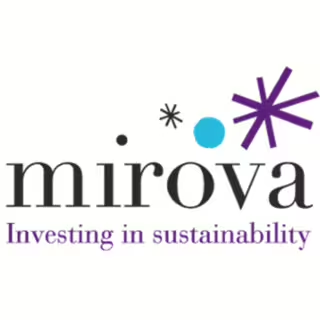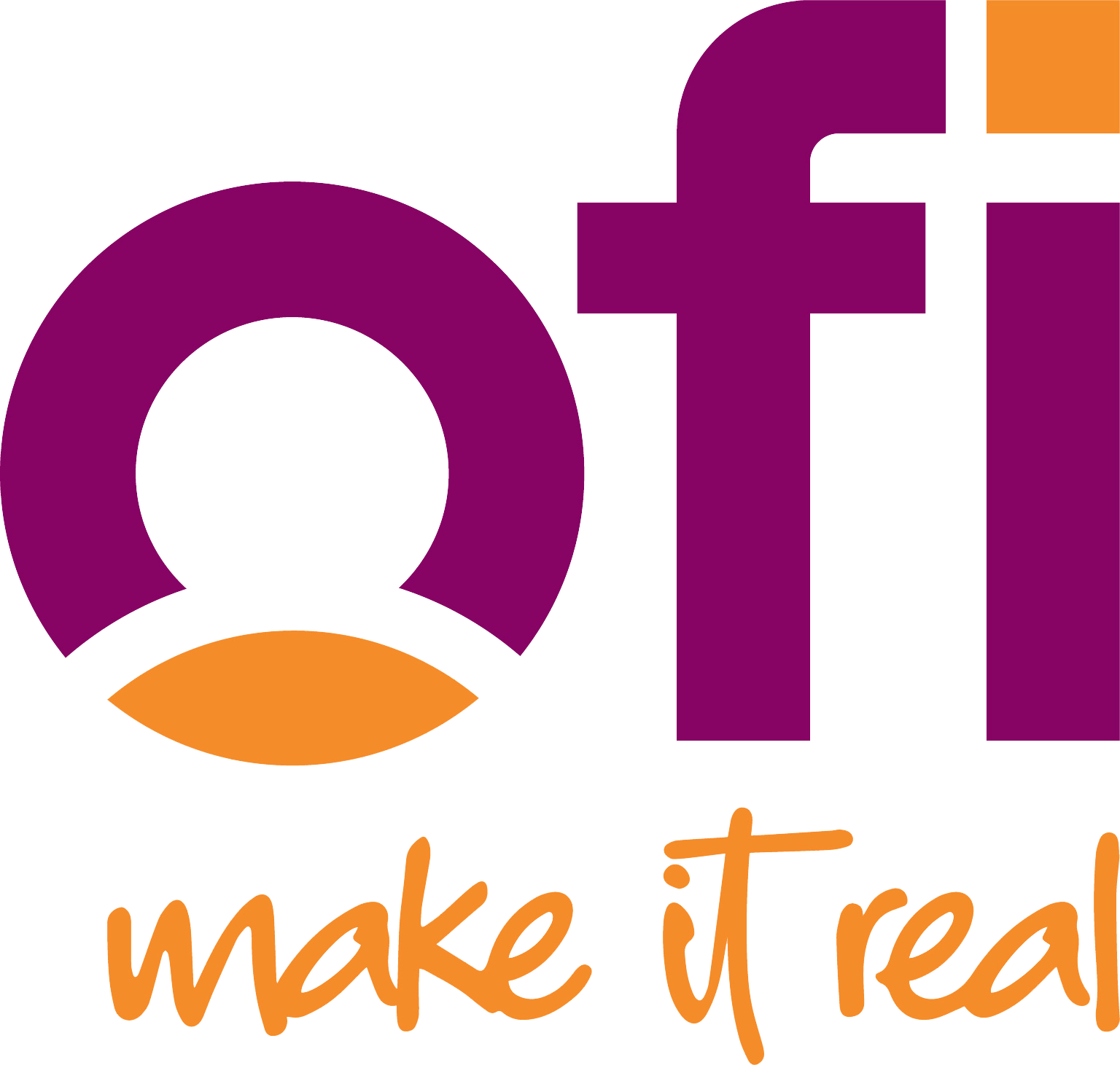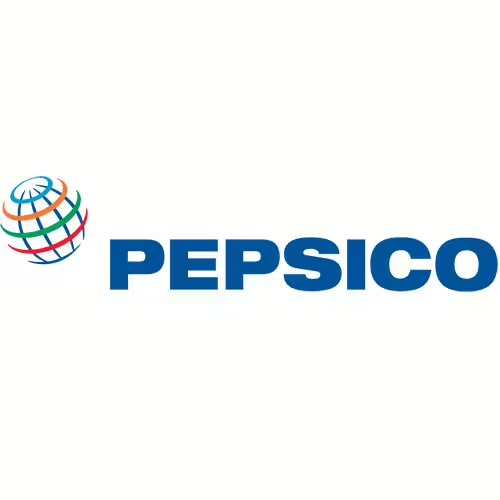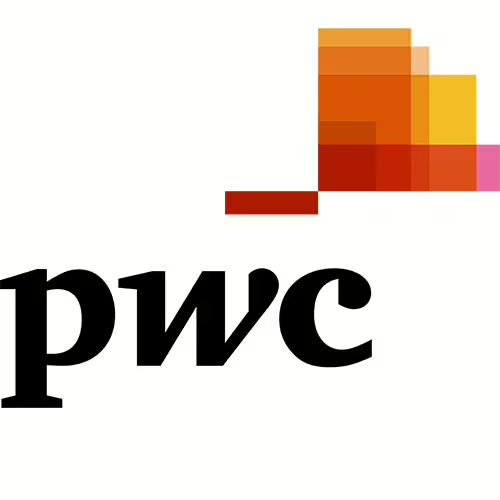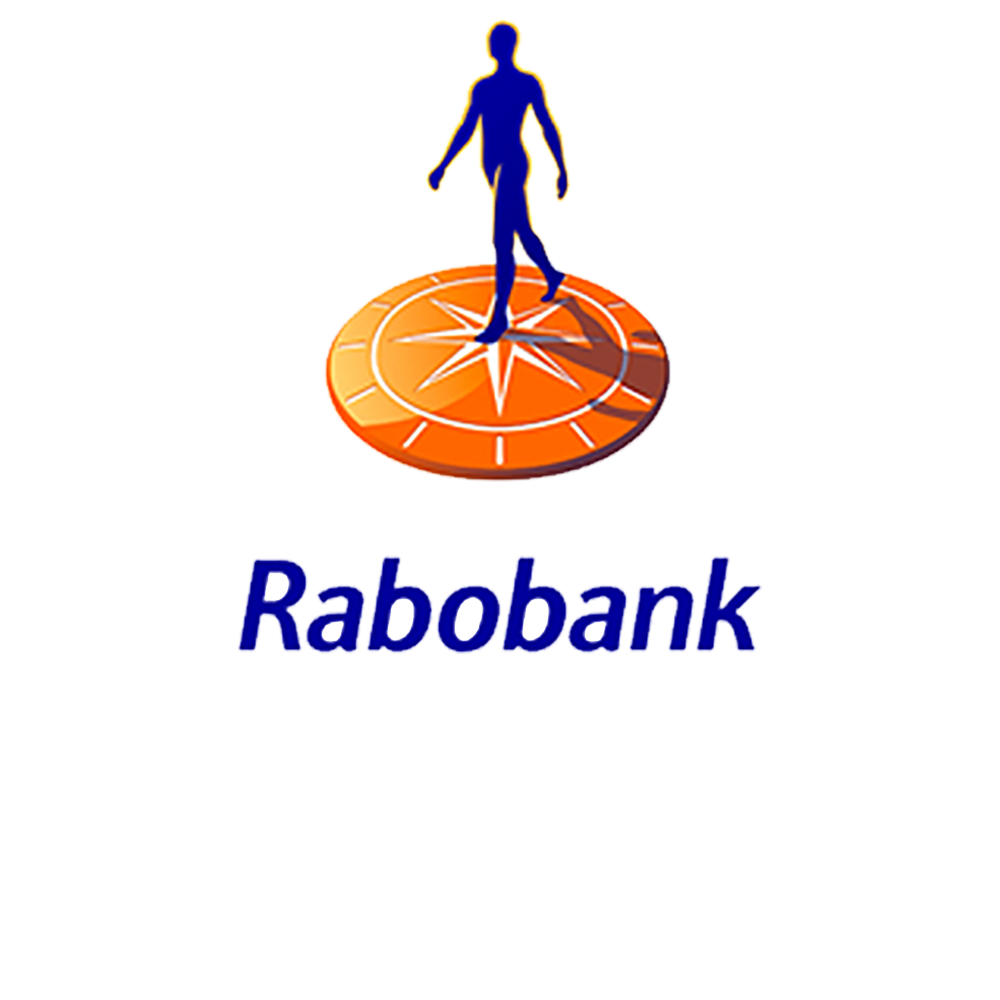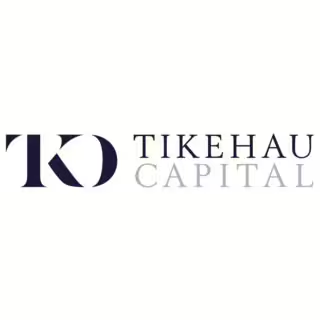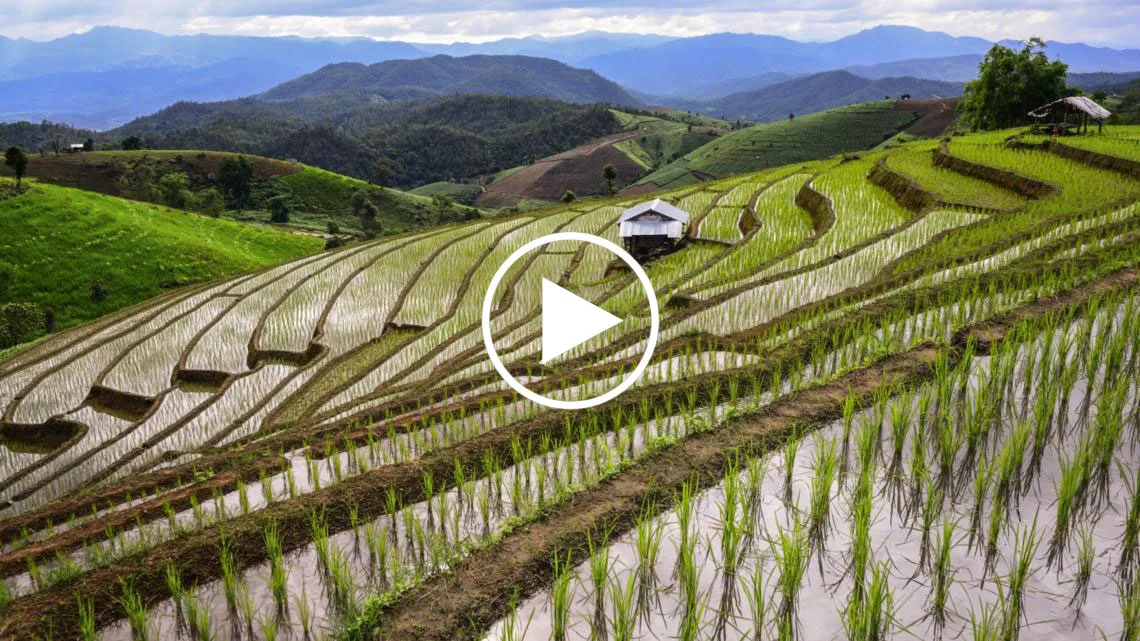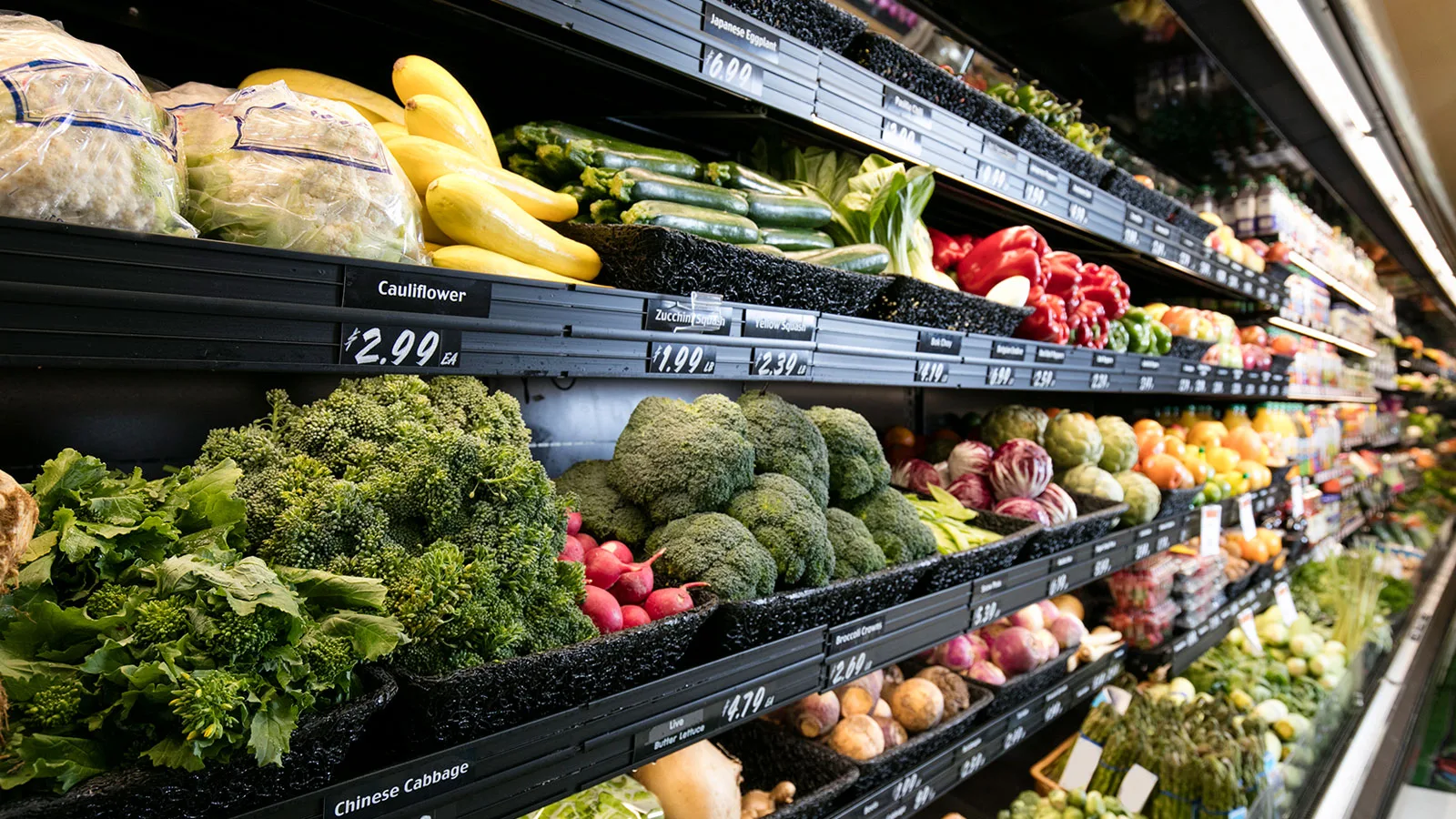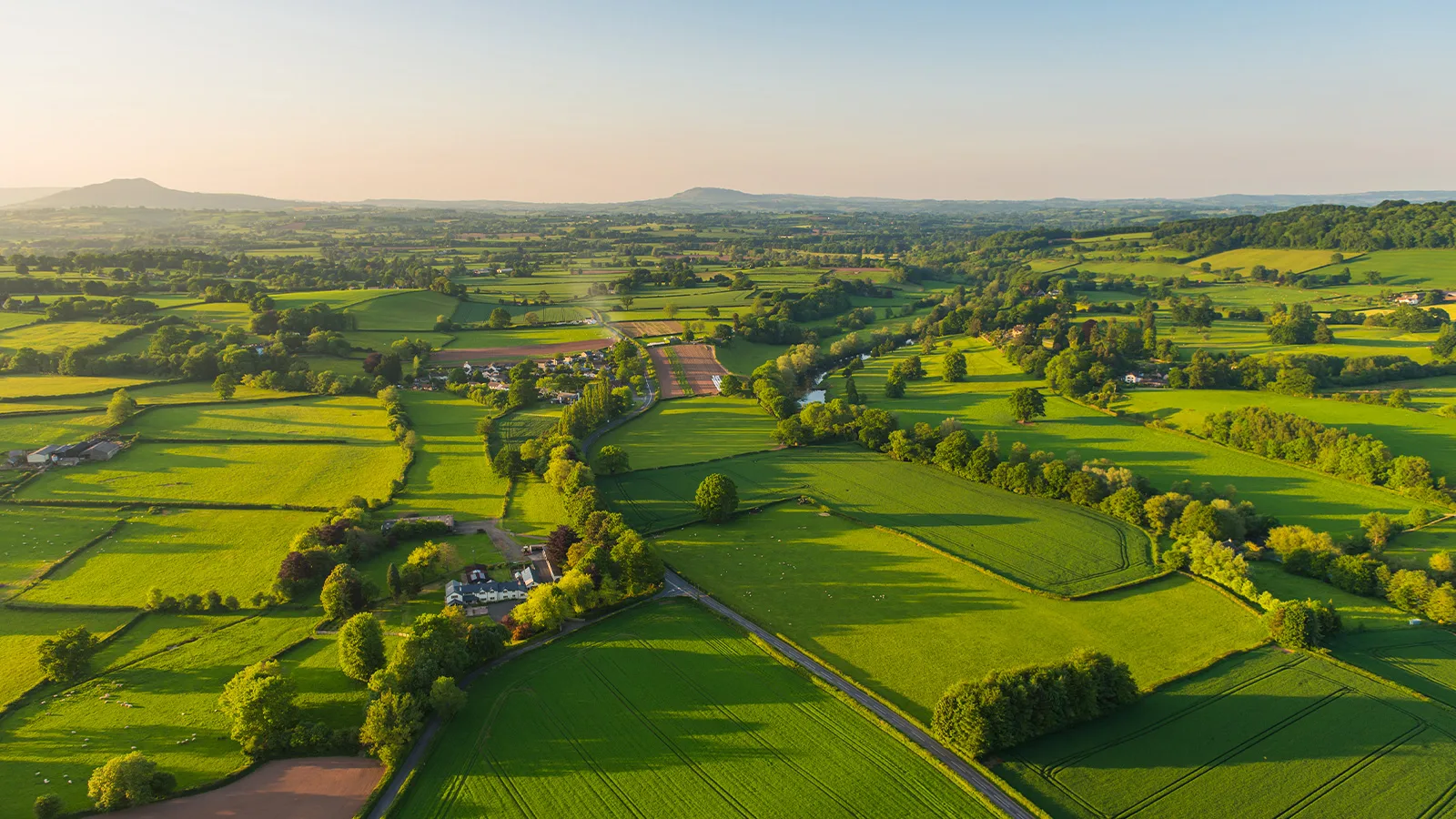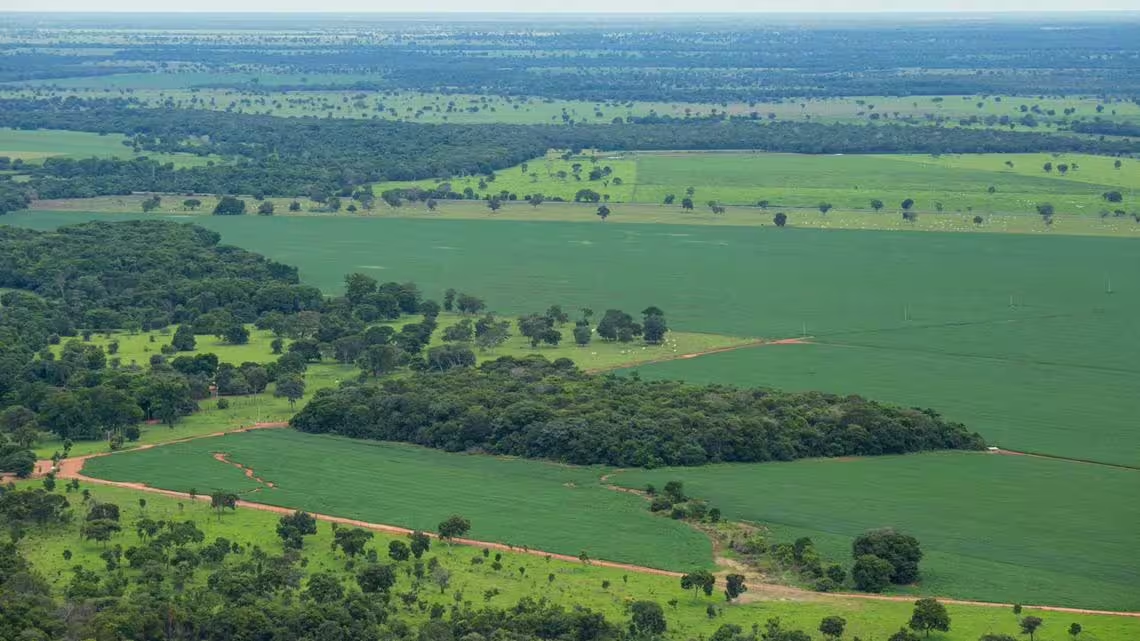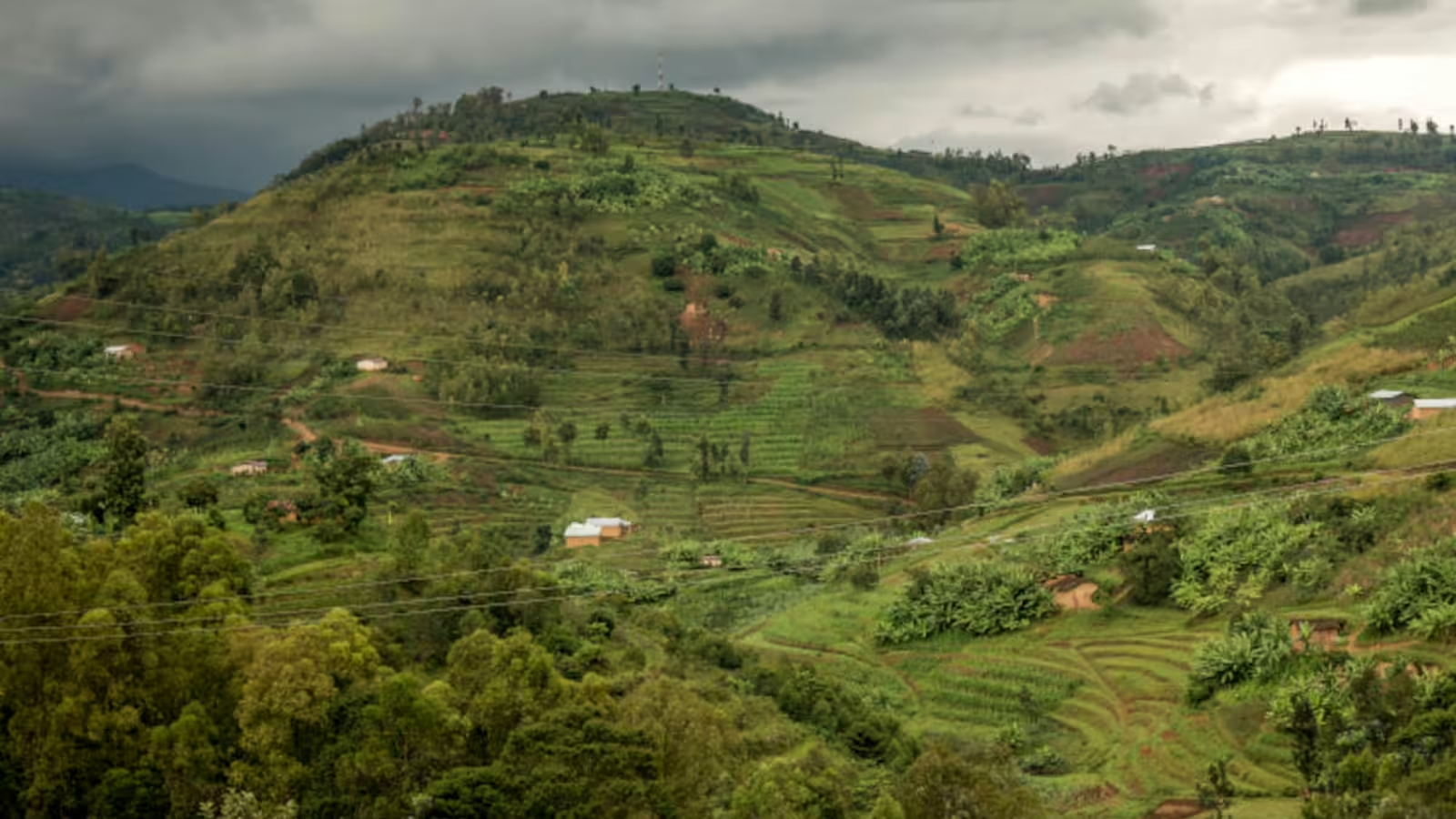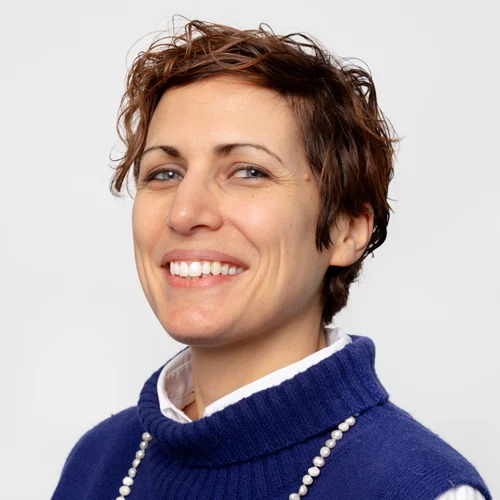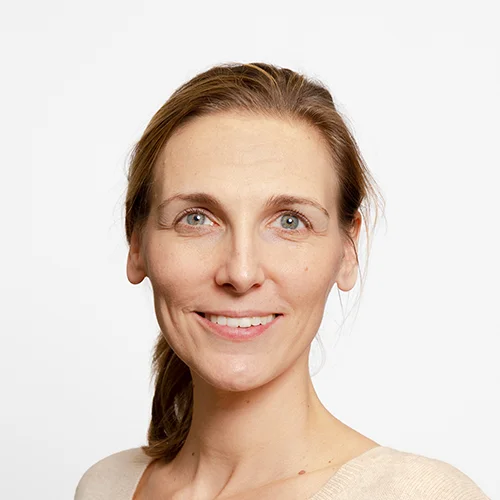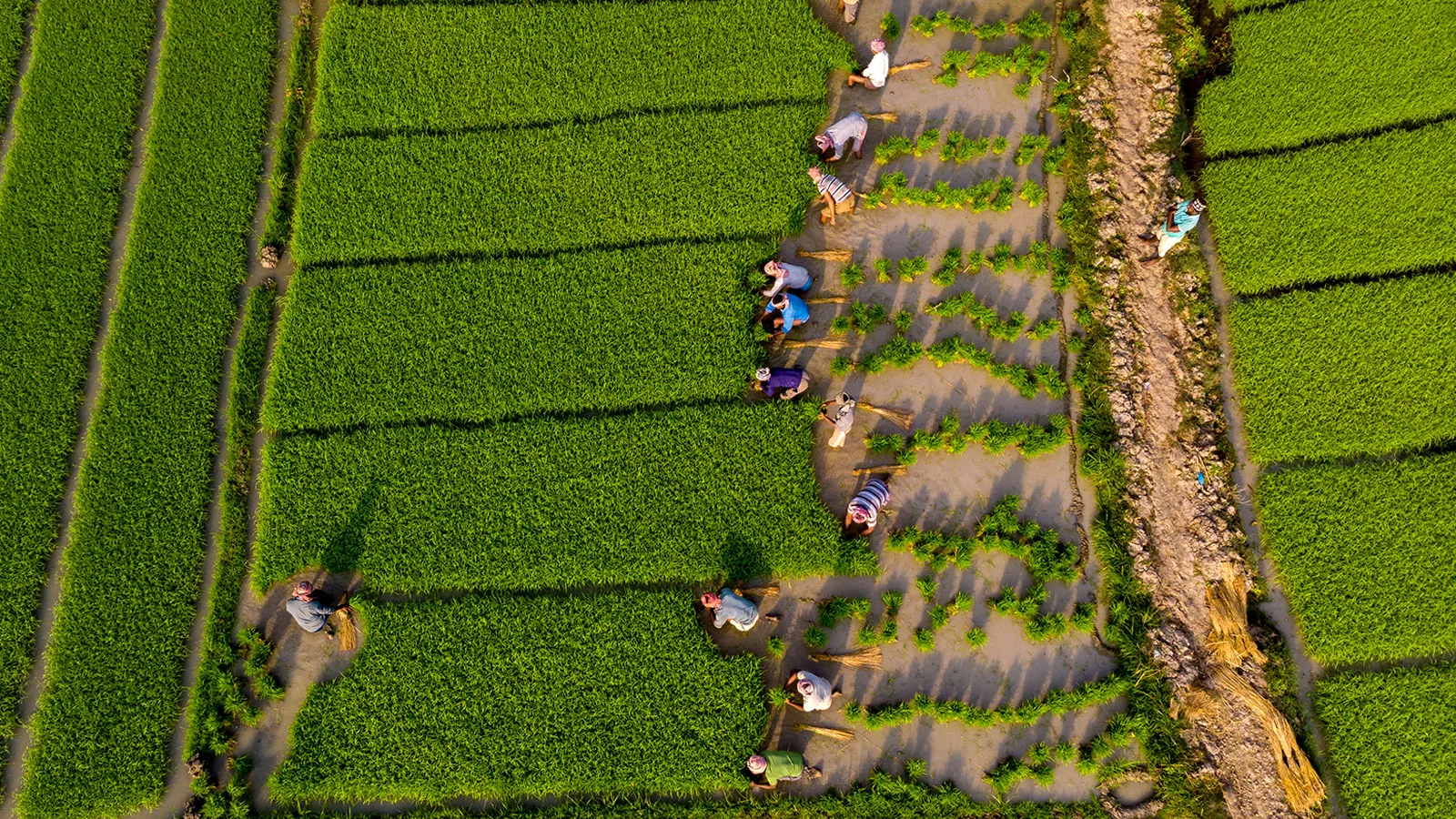
The Challenge
Agrifood value chains are facing increasing physical risks, which reduce crop yields, exacerbate food insecurity, and disrupt supply chains. At the same time, they contribute to pressing global challenges: agrifood systems cause approximately 25% of greenhouse gas (GHG) emissions, three-quarters of biodiversity loss and are a leading cause of non-communicable disease.
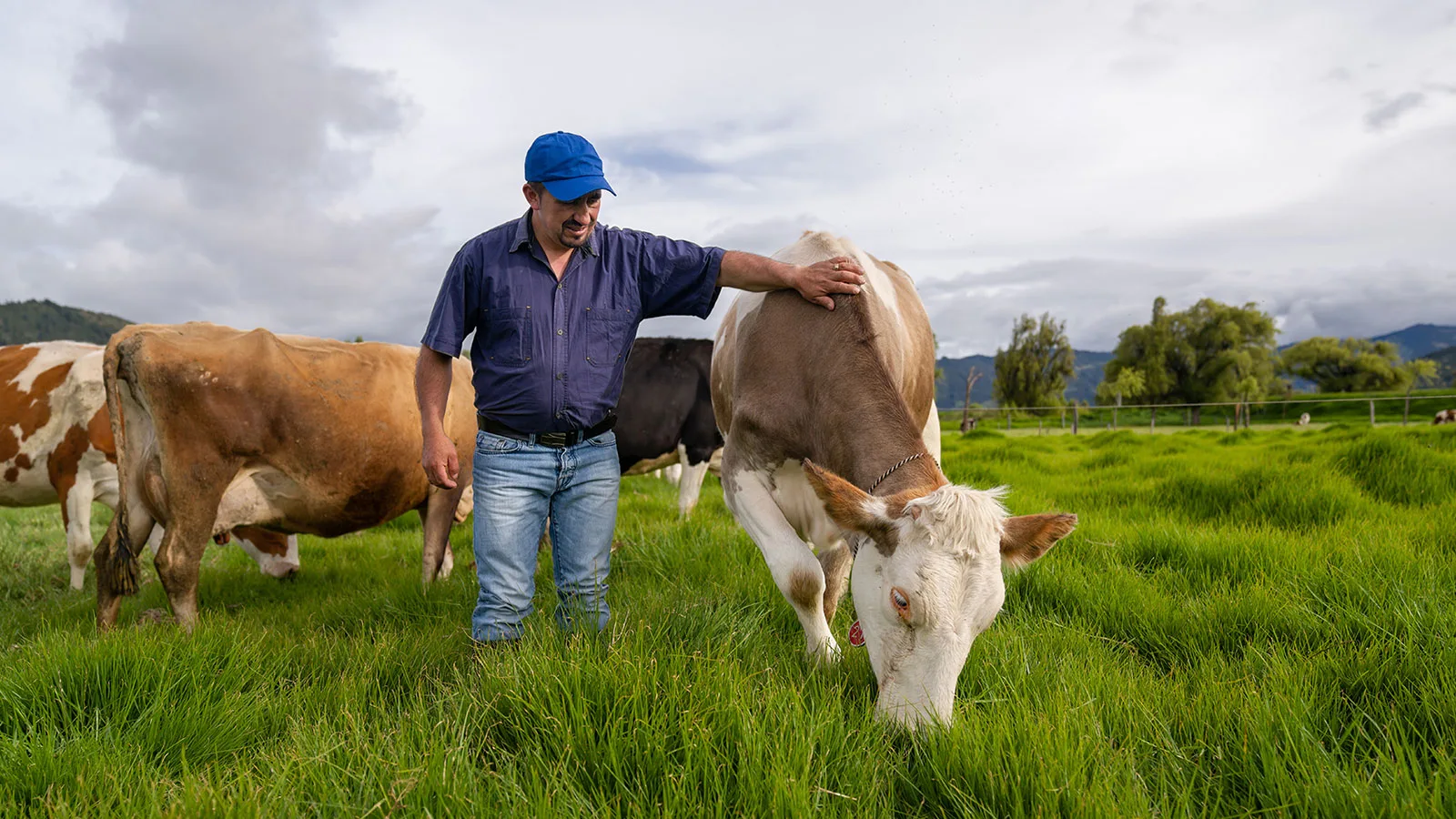
The Business Case
Forward-thinking businesses increasingly recognize that decarbonizing agrifood systems can strengthen value chain resilience, drive innovation, and promote long-term competitiveness. They are investing in the transition toward regenerative, equitable and nutritious agrifood systems.

The Solution
WBCSD and its members work together to scale regenerative agriculture, halt land-use change, and shift toward healthy and sustainable diets. Together, we are harmonizing measurement & accountability frameworks that businesses, investors, and policy-makers can use for decisions; taking landscape level action; and advocating for an enabling policy and finance environment. This will promote competitive, resilient agrifood value chains, delivering quality raw material and nutritious food for all by 2050.
Our Areas of Work
Agriculture & Food Frameworks for Performance
The Agriculture & Food Frameworks for Performance workstream supports the development of aligned measurement and accountability systems that enable decision-making and investment across agrifood value chains.
Healthy & Sustainable Diets
The Healthy and Sustainable Diets workstream drives food systems transformation by developing solutions that support healthy people on a healthy planet.
One Planet Business for Biodiversity (OP2B)
One Planet Business for Biodiversity (OP2B) is an international cross-sectoral, action-oriented business coalition on biodiversity with a specific focus on agriculture.
Landscape Accelerator: Brazil (LAB)
Regenerative landscapes offer a transformative pathway to align agricultural productivity with climate action, biodiversity conservation, and farmer prosperity.
Companies we work with




